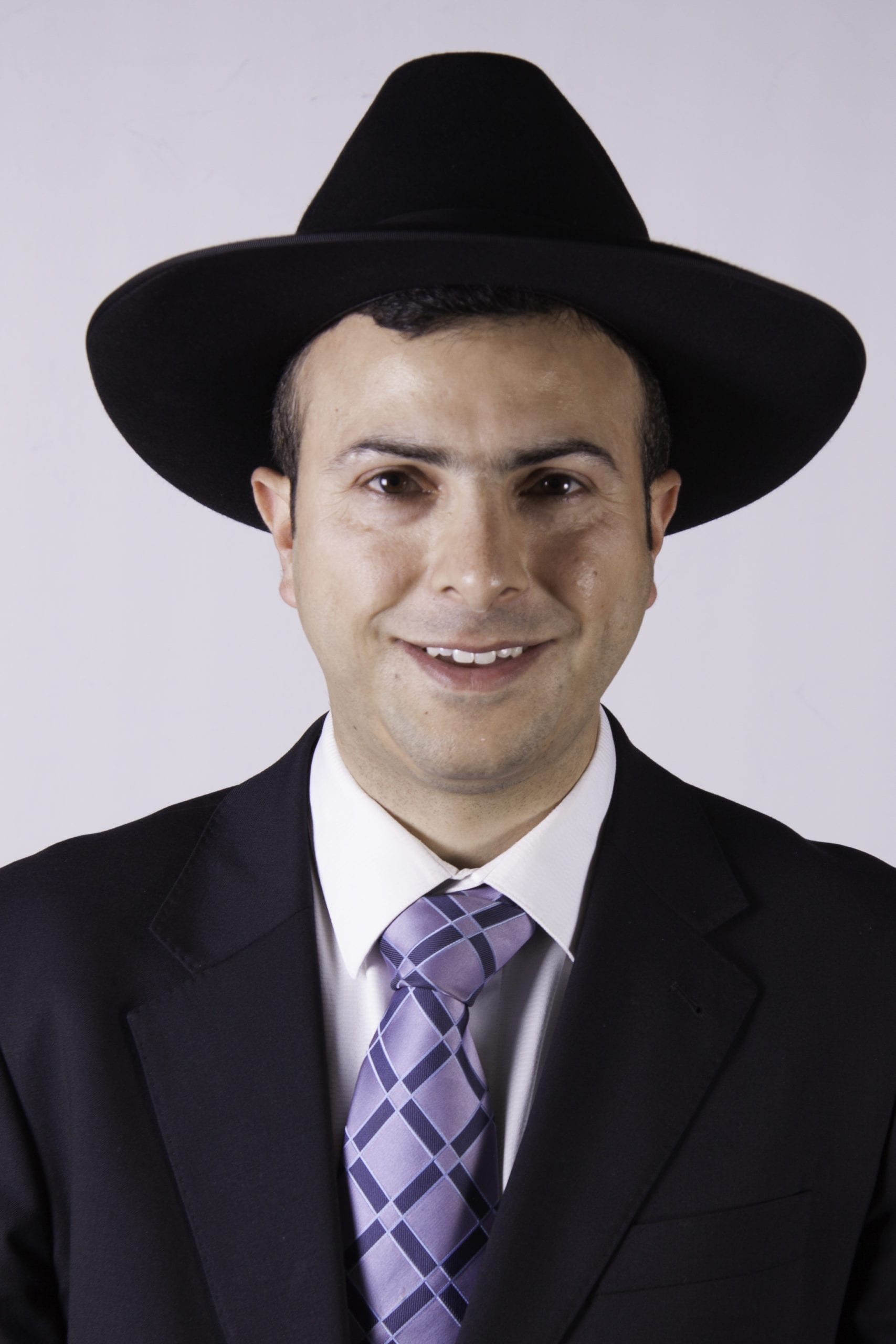
The Torah states that “You shall not pervert the judgement of a stranger or an orphan”. The Sforno says this is referring to a case when there is a dispute between two people, one should not disregard the argument of the orphan or stranger due to their handicap. Rashi is troubled with the fact that this ruling is already mentioned earlier in Torah. In ParashatShoftim it reads “You shall not pervert justice” – not to distort judgement in any form regardless of who the litigant is. Rashi answers that people who are poorly (physically or emotionally) are a lot more vulnerable tobe taken advantage of and distort their judgement. Therefore the Torah stresses that when it comes to situations where the litigant is poorly, one should be more cautious to treat them as if they were not poorly.
We see a very similar idea in ParashatMishpatim. The Torah brings a prohibition “You shall not oppress any widow or orphan…If you oppress him, and he cries out to me (Hashem), I will surely hear his cry” . This law speaks for itself, however, Rashi brings a Mechilta which adds that this prohibition not only applies to orphans and widows, but also any person. Nevertheless, the pasuk only speaks of weaker people who are more likely to succumb to oppression.
R’YeruchamLevowitz brings a story from the Mechilta: When Rabbi Yishmael and Rabbi Shimon were being lead totheir death by the Romans,Rabbi Shimon said to Rabbi Yishmael “Rebbe, my heart trembles for I don’t know why deserve to die?” Rabbi Yishmael turned to Rabbi Shimon and asked him: “In your life, has someone ever approached you for a question or enquiry and you made him wait a moment while you drank from your cup, did up your laces or put on your garment before answering him. The Torah says “If you oppress him, and he cries out to Me, I will surely hear his cry””. Rabbi Shimon replied “Rebbe, you have consoled me”.
R’Yerucham continues that if death was decreed even in such a case, how much more so should we be meticulous with our actions towards one and other. For the very same reason R’Yerucham would ensure that the door to his personal room would be left open as not to make anyone wait outside. For there are many who make people wait for a long time, and they have surely violated the prohibition of “You shall not oppress”.
Due to theirgreatness,ourrabbis are judged with an outstanding amount of stringency, therefore one could not equal what is expected of them. However, there are definitely areas to relate to. Life is full of opportunities to help others. If we consider the people around us and their needs, it will help to change us and the world.







